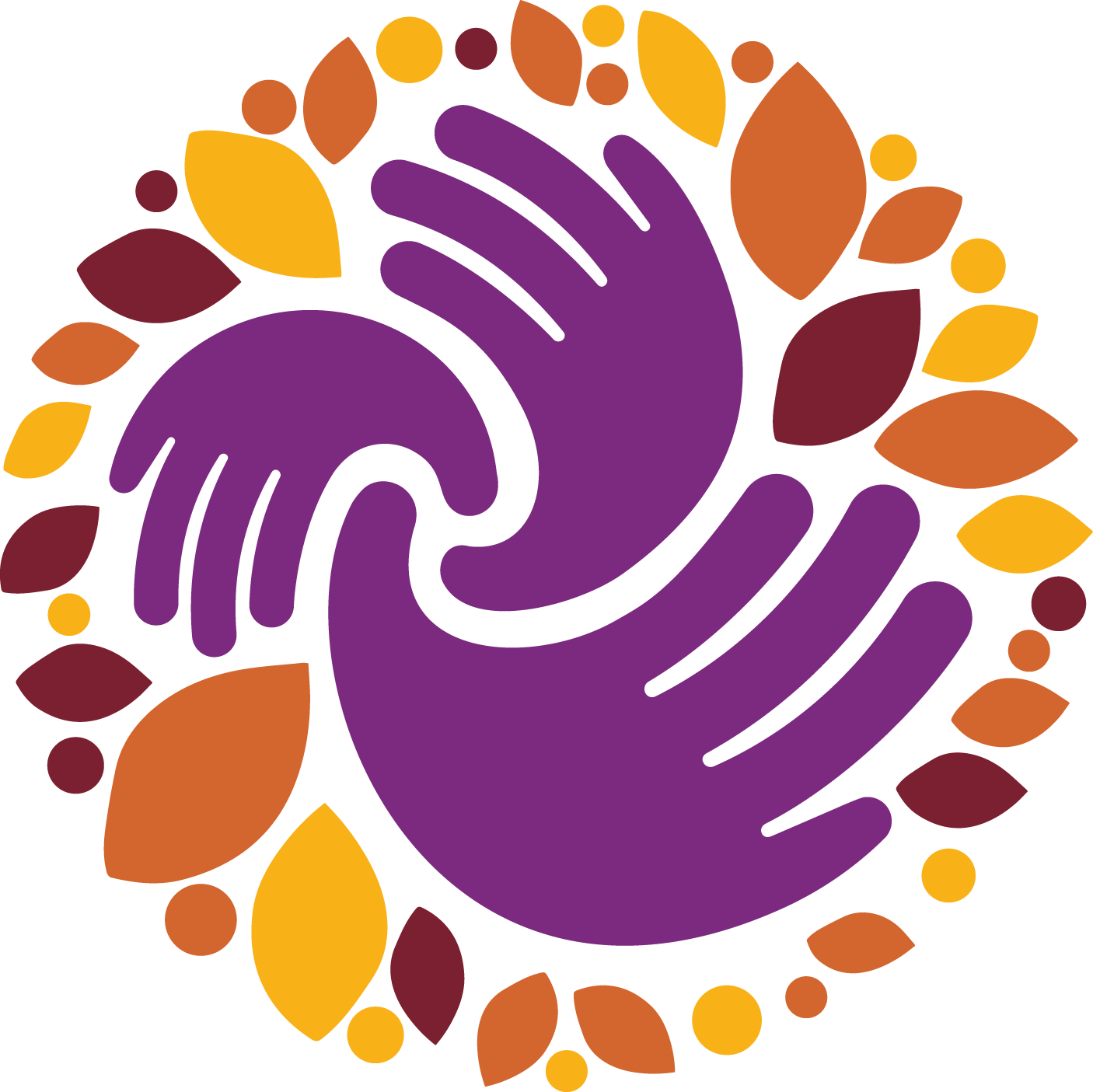Risk Factors and Warning Signs of CSEC
Early identification and intervention are key when it comes to getting youth out of the sex trade. It is easier to get youth out before they become entrenched!
All youth are vulnerable to trafficking and exploitation!
But there are a variety of factors that can increase or decrease vulnerability.
Events in, or characteristics, of a person’s life.
Individual Factors:
A person’s neighbourhood or community.
Environmental Factors:
Ways in which our society promotes or perpetuates sexual exploitation.
Social/Societal Factors:
Poverty
Race
involvement in the child welfare and justice system
a normalized culture of violence
gender inequality and objectification.
belonging & social inclusion
Risk Factors Identified in the Hearing Them Consultations
Perpetrators of CSEC seek out vulnerabilities and exploit them!
Traffickers and sexual exploiters seek out vulnerable youth that are lacking basic needs, a sense of community, and love/attention and begin filling these needs to create dependency.
Perpetrators of CSEC use grooming to build trust!
Grooming can often look like the beginnings of any new, healthy relationship, but it is not! The trafficker or exploiter’s goal is to learn all of their victim’s vulnerabilities and weaknesses to exploit later.
Excessive interest in the details of the youth’s life, family, friends, and struggles.
They are hyper-focused on the youth’s body/appearance and boosting the youth’s sexual confidence.
“Love Bombing” (telling the youth they love them within a short period of time) to form an intense and fast emotional bond.
Giving extravagant/expensive gifts.
Isolating the youth from anyone they are close to and the things they love.
Asking the youth to keep the relationship a secret.
They are filling all the youth’s needs, forming a dependency. This can include basic needs, psychological and emotional needs, etc.
Red Flags That Someone May Be Grooming a Child/Youth
See our Statement of Concern Regarding Anti-Trans Hate for our stance on the misuse of the term grooming towards transgender people.
Warning Signs That a Youth May be Experiencing CSEC
If you notice several warning signs and they are new, out of character, or have developed quickly, this could be a signal that CSEC is happening.
Be careful though… .
As a safe and trusted adult in a youth’s life, all of these signs, including how you might interpret them, depend on the context of your relationship with the youth and what you know about them.
Some of these signs can indicate something else is going on (such as struggles with mental health) or are part of normal youth behavior and may not be an immediate cause for alarm.
Think of these warning signs as a place to start the conversation.
For tips on how to approach these conversations, check out our Talking to Youth page.
-
Evidence of a controlling “friend” or “romantic partner” coupled with fear of the consequences of displeasing that person.
New or excessive secrecy about activities, friends, and/or online presence.
Evidence of trauma response behaviours including fear, mood swings, emotional outbursts, anxiety, tension, submission, nervousness, depression, hyper-vigilance, PTSD.
Adopts slang terms and language from The Game.
-
Frequently disappears or goes missing for extended periods of time
Regular out of town trips (Halifax, Moncton, Toronto)
Withdraws from friends, family, school or loved activities
Has an online relationship with someone they have never met
Has a significantly older boyfriend, or is interested in older men
Excessive concern about displeasing partner
Struggling with addictions or new addiction emerging
Exhibit behaviors including fear, anxiety, depression, submission, tension, nervousness, hyper-vigilance, or paranoid behavior (PTSD)
-
New sexy “look” and is hyper focused on appearance
New clothes and access to personal grooming (hair, nails) without the means to pay for it themselves
Tattoo or brand that they are reluctant to explain
Evidence of physical violence or abuse, including cuts, scrapes, bruises, broken bones, cigarette burns
-
Receives unexplained gifts, money, trips, hotel stays, luxury items, or a brand new second cell phone.
Regular access to weed, alcohol and other substances without the means to pay for it themselves.
Access to transportation and/or is always picked up by the same taxi or person.
Has two bags or purses, one with supplies such as condoms and sex toys.
More Information:
-
Hearing Them Reports
A five-part paper series that describes the findings from consultations with individuals with lived experience in the sex industry.
-
Talking to Youth About CSEC
Tips for talking to youth at risk or may be experiencing CSEC and for handling disclosures.
-
Who to Contact
If you suspect or know that someone may be experiencing sexual exploitation or trafficking
-
Service Provider Training
TESS offers service provider training for any organization or agency that may come in contact with children or youth at risk of being trafficked or exploited.

